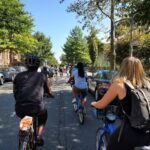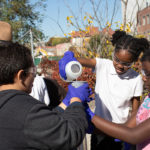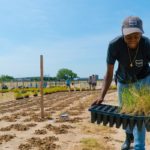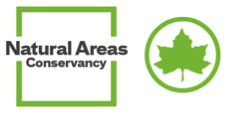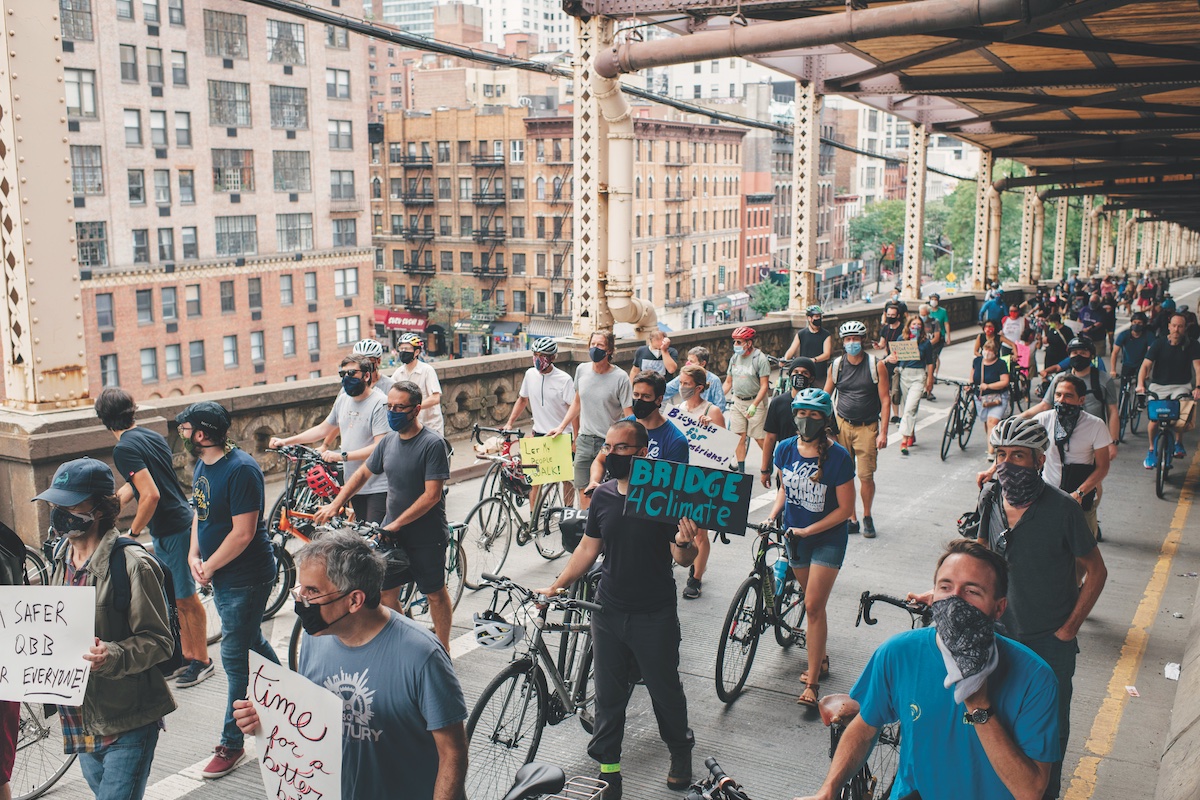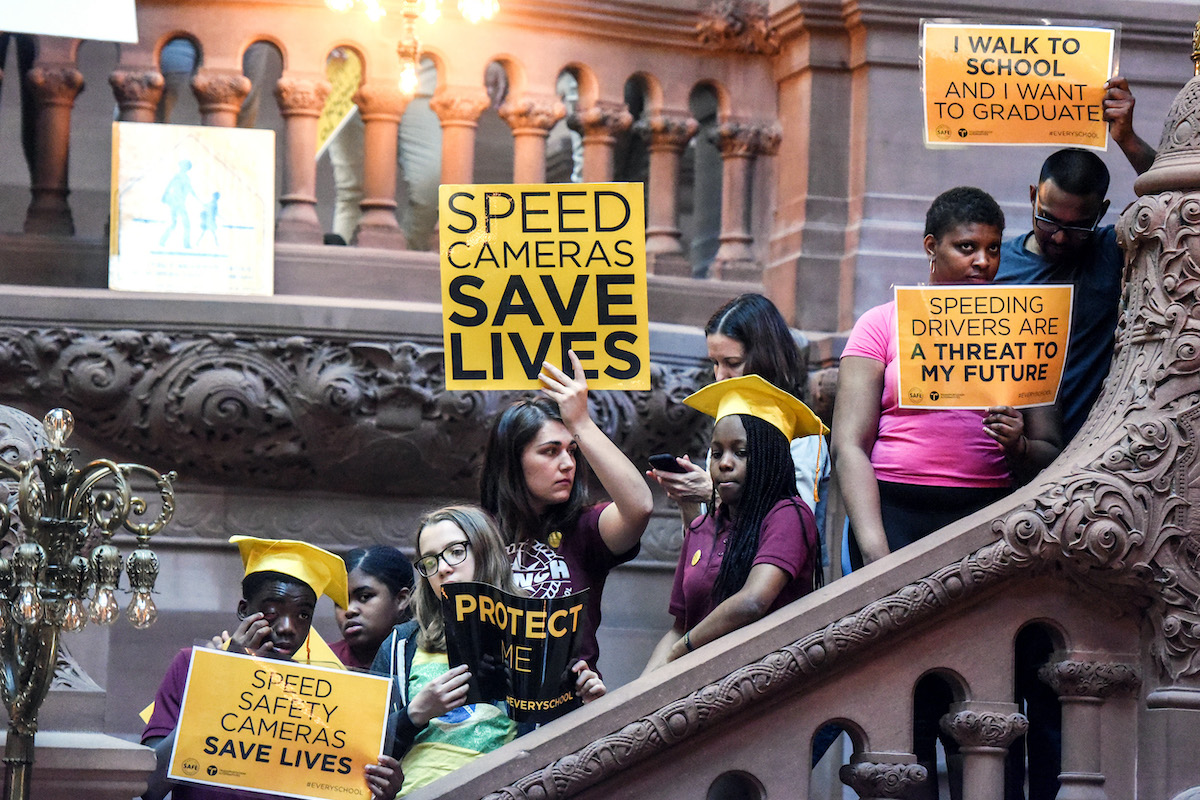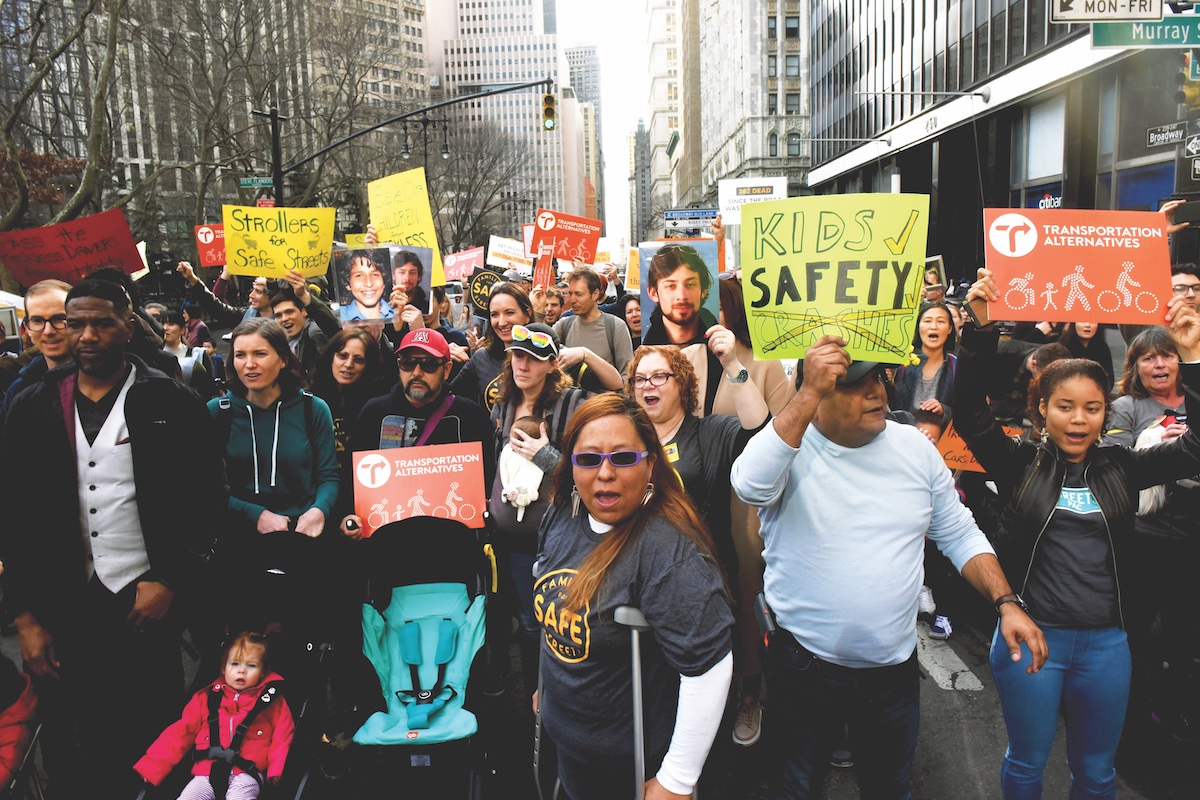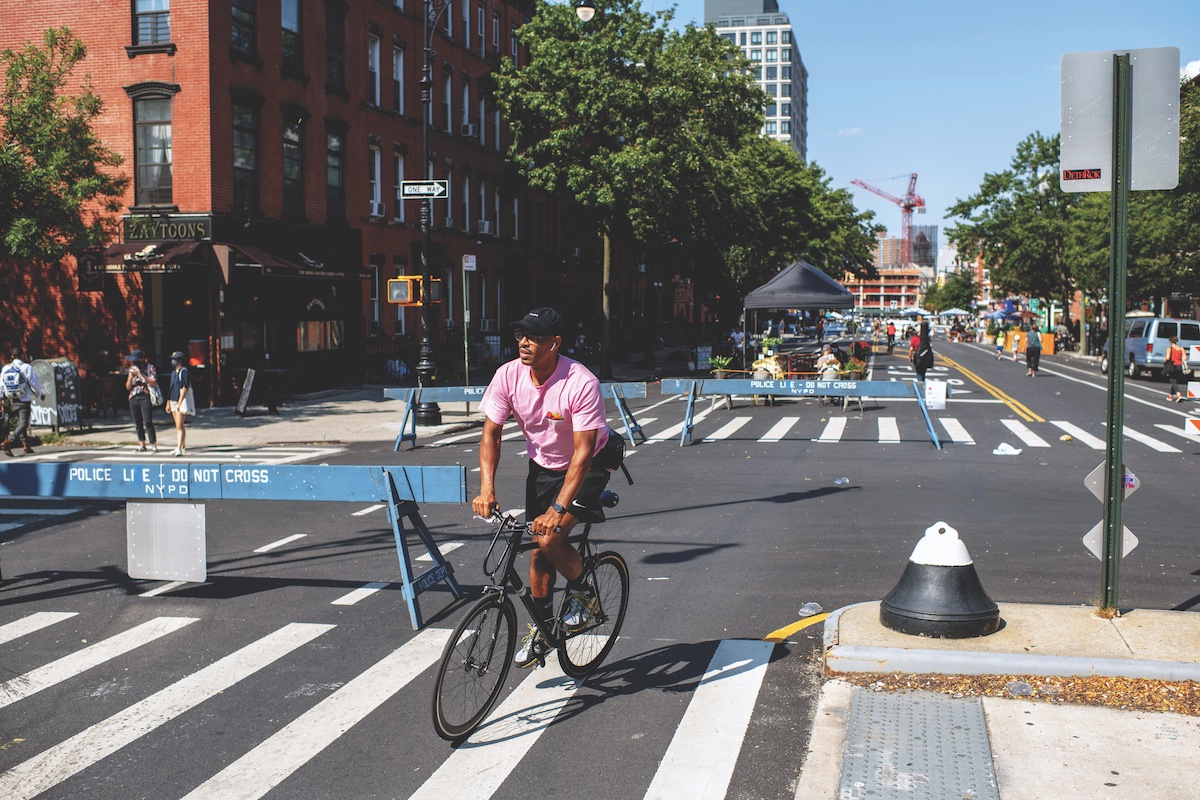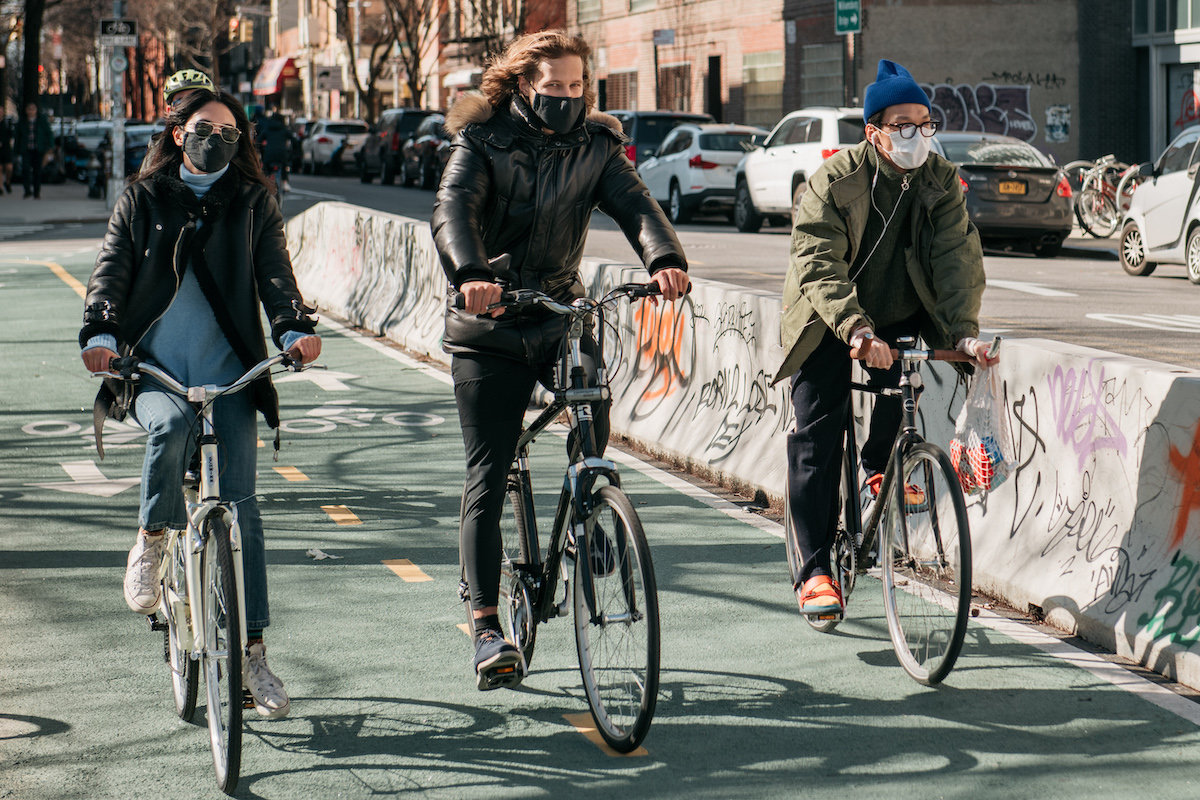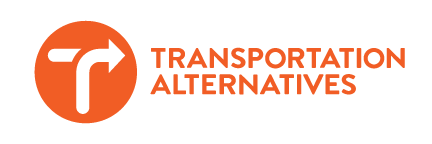Bedford Stuyvesant Restoration Corporation
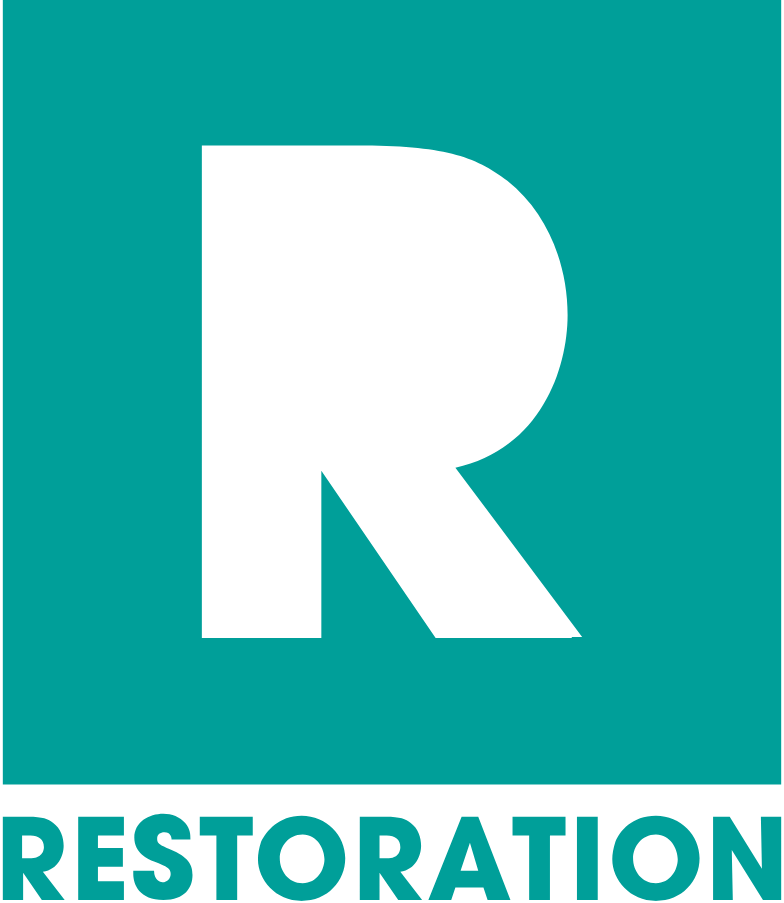
Bedford Stuyvesant Restoration Corporation
2021 - $10000 Micromobility As a Tool Towards Economic Equality
Bedford-Stuyvesant Restoration Corporation is the nation’s first community development corporation. Created in 1967 through grassroots activism and the bipartisan support of Senators Robert F. Kennedy and Jacob Javits, Restoration serves 50,000 people annually as an advocate, coalition-builder, and direct service provider. Based in Central Brooklyn, BSRC is rooted in the largest population of African-Caribbean diaspora in the United States where there is a convergence of economic, health, environmental disparities. Since 2015, Restoration has been a local, city-wide, and national leader in the bike share and micromobility sector.
BSRC’s mission is to disrupt and close the racial wealth gap to ensure all families in Central Brooklyn are prosperous and healthy. With a vision of a flourishing Brooklyn community consisting of strong families, businesses, and institutions and anchored in a culture of equity and inclusion, for over a decade their Center for Healthy Neighborhoods (CHN) aims to change the structural conditions that drive the inequities in chronic disease, focusing on policies, systems and environmental change within the food and transportation sectors.
Since Citi Bike’s further expansion into Bedford-Stuyvesant in 2015, BSRC has led the NYC Better Bike Share Partnership (NYC BBSP) to increase access to and usership of bike share in low-income communities of color in Brooklyn and throughout NYC. Restoration partnered with then Citi Bike operator Motivate, the NYC Department of Transportation (DOT), and NYC Department of Health and Mental Hygiene (DOHMH). The efforts of the partnership has resulted in the expansion of the $5 a month Reduced Fare Bike Share membership option to all SNAP recipients, the Citi Bike for Youth and Prescribe-A-Bike programs, the formation of Lyft’s Equity Advisory Board, and an increase in bike share access among low-income residents by over 77%.
The work of the NYC BBSP is centered on increasing access to active transportation options thereby, improving access to employment, education and other resources while increasing physical activity options in underserved communities. Ensuring that decisions around policies, investment and infrastructure in low-income areas are made by people with lived experiences in those communities will lead to better services and safer streets. This in turn allows for greater adoption of active transportation, and better access to resources that support health and economic opportunities.
With support from Seed Fund, BSRC is spearheading a multi-pronged initiative to increase employment and business opportunities, as well as representation of people of color from low income communities in decision-making positions within the micromobility sector. To accomplish this BSRC will:
- Significantly increase the number of low-income people of color with living-wage employment and business opportunities in the transportation and micromoblity industry, as well as their representation in transportation planning fields;
- Host mentorship programs and create paid fellowships for students from marginalized groups, working with them to develop skills leading to analyst, planning and tech positions;
- Change recruitment practices within micromobility/transportation planning organizations, modify hiring rubrics and create programs for internal advancement of staff in lower-paid positions;
- Engage schools and areas with more students of color, and enhance the field’s image to attract a diverse workforce.


